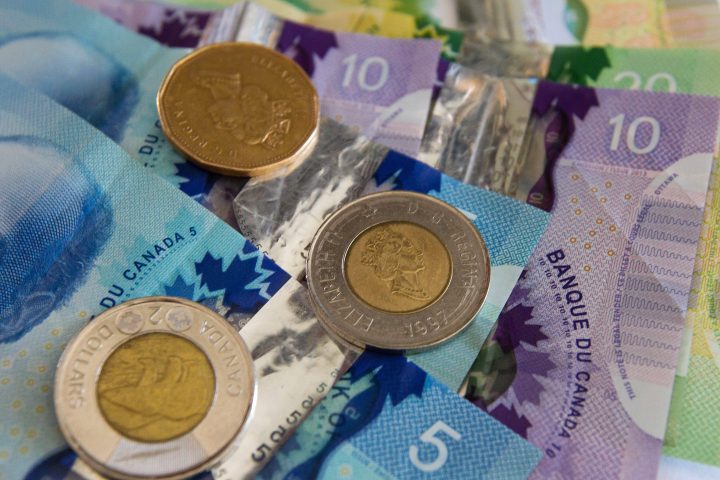It’s a new year, which means it’s time to look at your budget and the year ahead.

B.C. residents likely want to know what fee services might be going up and where your wallet might get a bit of a break.
Taking transit looks like it will get more expensive.
TransLink is planning a 2.3-per cent fare increase in July.

BC Ferries is also expecting a 2.3-per cent fare increase on average across its entire fleet with the final pricing structure set to be released in April.
With the introduction of ICBC’s new Enhanced Care Coverage this May, many customers could see an average savings of about $400 a year on their vehicle insurance.
BC Hydro is also rolling out a one-time credit this year. Residential customers should expect to receive a one-time bill credit of $4 on average, while commercial customers will receive from $10 to $600 on average depending on the size of the business and industrial customers will receive up to $375,000, according to the utility company.
The Crown corporation has, however, also applied for a 1.6 per cent rate increase. If approved, it would come into effect on April 1.
However, most FortisBC customers could see their monthly rate rise by about $6 due to rising costs of storage, transport and delivery.





Comments